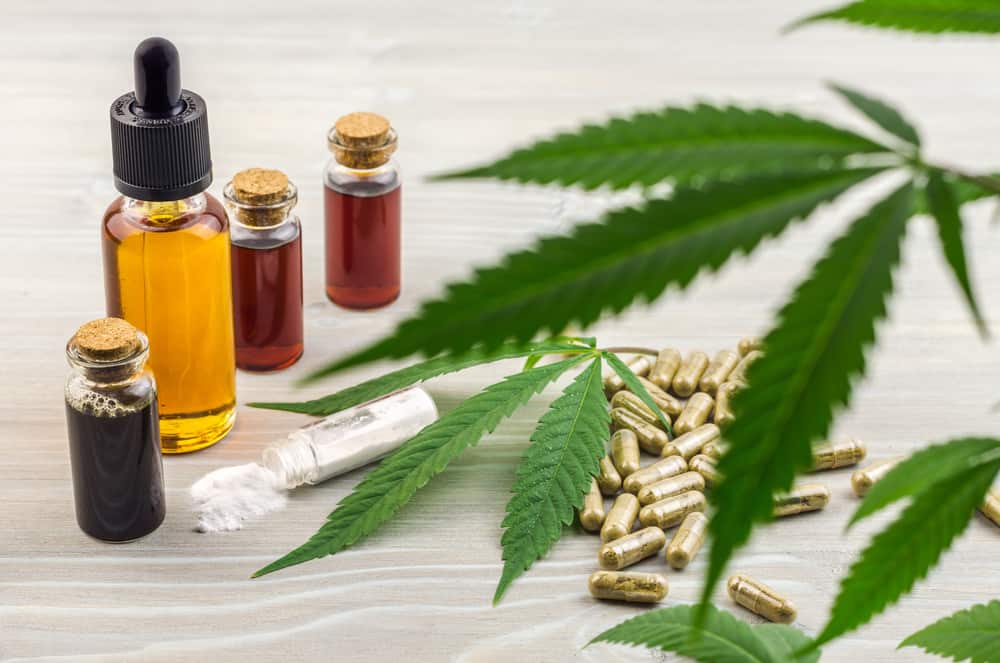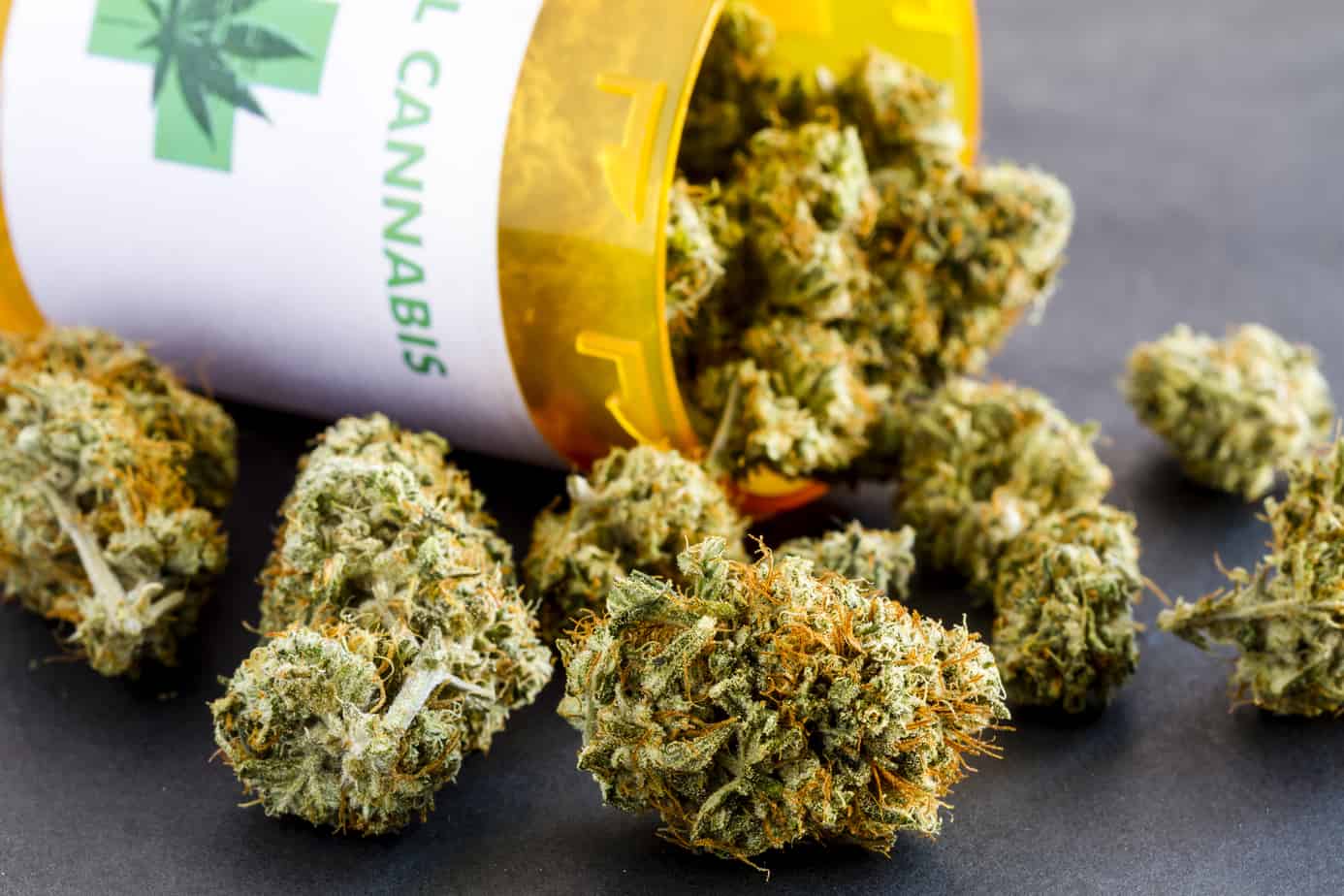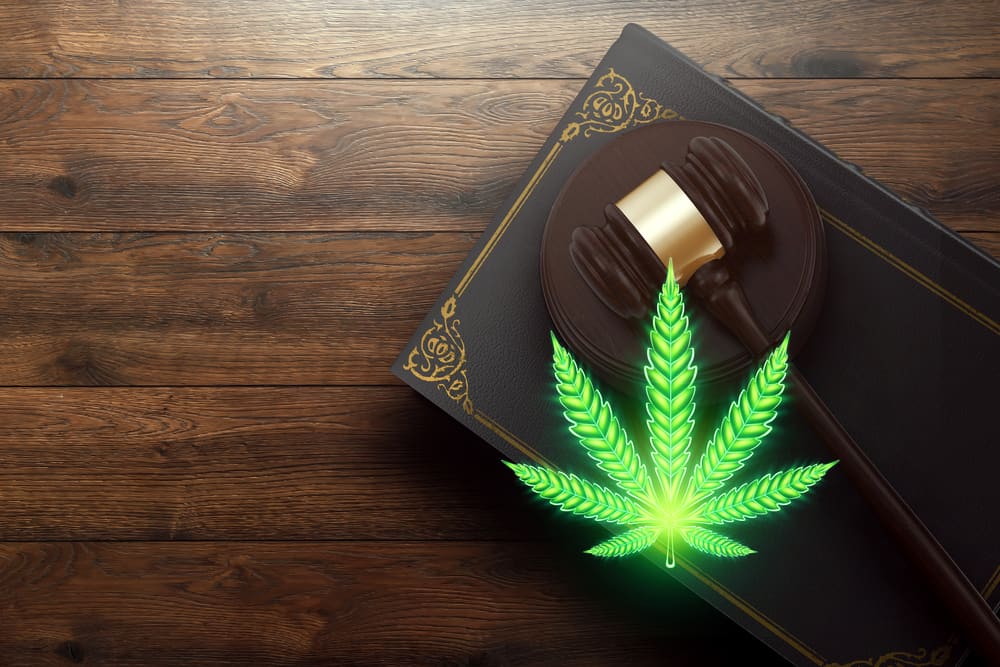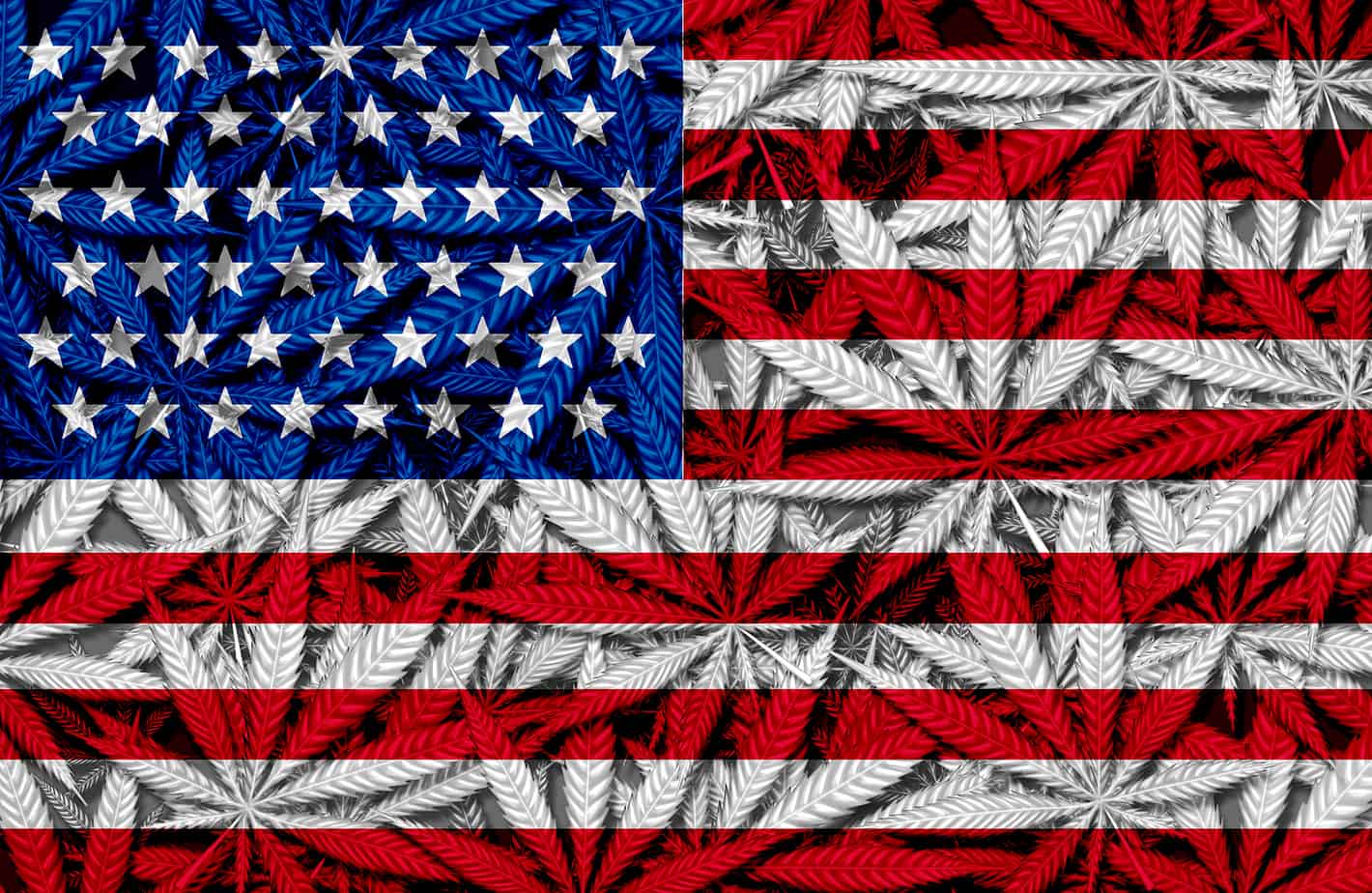The primary reason you’re reading this indicates that you still have concerns about CBD. If you’re still unsure about CBD’s legality, you’ve come to the right place. This article aims to explain why it is legal and under what circumstances it is legal. In addition, this article will help you understand its legality in the different states of the U.S.A and the distinctions between CBD and THC.
Knowing all of the above will enable us to go deeper into the legalities of CBD products like Keoni CBD and provide you with advice on how to use them. But, before that, let’s go through it and how it works.
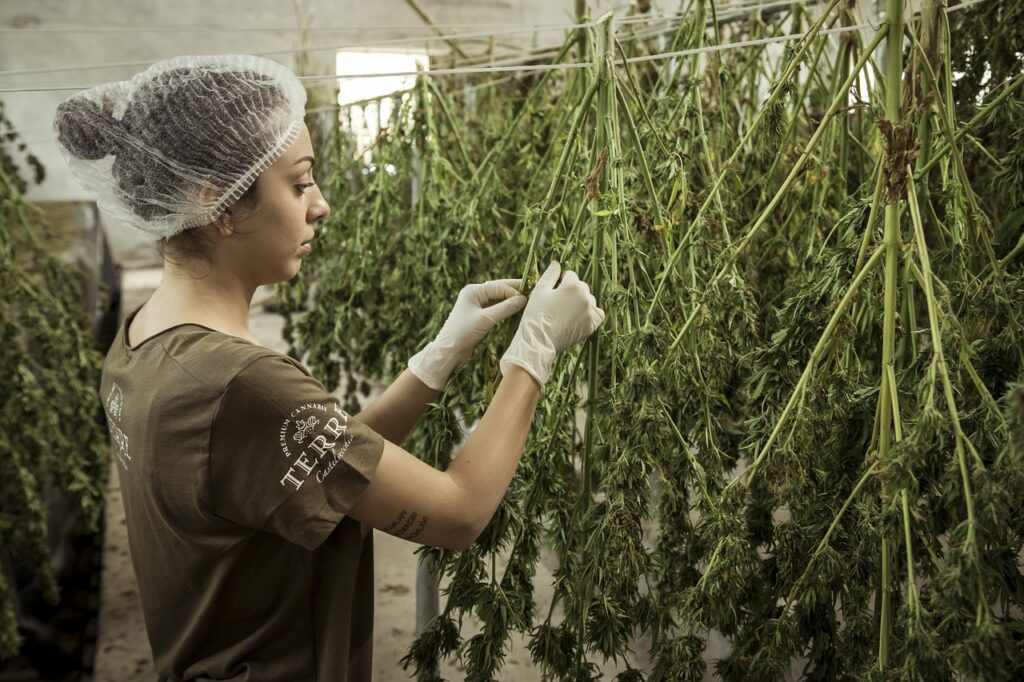
What Is the Purpose of CBD?
CBD is mainly infused in medicine to treat epilepsy and soothe nerves. As previously stated, it offers many health benefits, and numerous studies have been conducted on it due to its potency. However, CBD products are beginning to hit the market and can be used for purposes other than medical. CBD oils, gummies, lotions, and various other products are available. They help to relieve the pain and the reduction of anxiety.
CBD also contains anti-inflammatory qualities, which aid in treating chronic pain. However, it is only a list of its proven advantages and applications. The antioxidant capabilities and capacity to inhibit tumor development are currently the subject of research. Once the research findings are confirmed, we are confident it will have more applications shortly.
The Federal Law and the Differences Between CBD and THC
Cannabis products which contain less than 0.3 percent of THC are lawful in the United States under federal law. Hemp cannabinoids like it can be sold without issue under this basic rule. This rule can be found in most US states and other countries worldwide. From this perspective, we can see why hemp is lawful, but marijuana is not.
But one more element needs to be clarified, as we still don’t understand why CBD and THC concentrations determine legality. CBD and THC offer various medicinal characteristics that may benefit humans and animals alike. But on the other hand, THC is the cannabinoid that provides cannabis its psychoactive effect.
We may conclude that THC can be beneficial but can also bring harm and undesirable consequences, such as addiction. THC is psychotropic, leading to addiction and a “high” user experience. On the other hand, it does not lead to addiction and only has beneficial effects with no adverse side effects.
CBD derived from marijuana is legal in the following states:
As of 2020, ten states have made cannabis, including marijuana and hemp, totally legal for recreational and therapeutic purposes. Alaska, California, Colorado, Maine, Massachusetts, Michigan, Nevada, Oregon, Vermont, and Washington are the states that allow CBD. Therefore, CBD would be perfectly legal if you find yourself in one of these great states.
The particular restrictions for such usage differ by state, with most states allowing medicinal use for a wide range of ailments. In contrast, others impose strict criteria for approval (i.e., it must contain less than a certain percentage of THC or the patient suffers from a specific condition).
- Alaska
- Arizona
- Arkansas
- California
- Colorado
- Connecticut
- Delaware
- Florida
- Hawaii
- Illinois
- Maine
- Maryland
- Massachusetts
- Michigan
- Minnesota
- Montana
- Nevada
- New Hampshire
- New Jersey
- New Mexico
- New York
- North Dakota
- Ohio, Oregon
- Pennsylvania
- Rhode Island
- Vermont
- Washington and West Virginia are among the states that have passed legislation allowing marijuana-derived CBD for various diseases.
Alabama, Georgia, Indiana, Iowa, Kentucky, Mississippi, Missouri, North Carolina, Oklahoma, South Carolina, Tennessee, Texas, Utah, Virginia, Wisconsin, and Wyoming allow marijuana-derived CBD in specific circumstances.
CBD Legal Future In United States
Hemp-derived goods have been flooding the market since the Farm Bill. CBD-rich hemp products are in high demand, particularly in the medical and nutritional fields, because it offers numerous health advantages and is recognized to treat a variety of ailments. In addition, CBD and its role in treating neuropathic illnesses is also the subject of much research.
If the research bears fruit, more CBD products will be available. It is presently legal in all 50 states of the United States, though to varying degrees. Most people can legally buy the supplement in stores, but finding it in some more challenging states requiring medical cards may be challenging.
Ordering CBD products online and delivering them to your home is preferable. As more individuals seek access to this safe and effective supplement, we expect legislation to continue to alter at the federal and state levels. It’s also against the law to sell CBD and hemp-based goods as nutritional supplements.
In September 2020, two lawmakers introduced a measure in the House of Representatives to address this issue. The picture is already shifting, as the FDA already regulates lawful nutritional goods, even though the FDA has yet to issue any formal pronouncements supporting or opposing the sale and usage of a nutritional supplement. People speculate that an FDA crackdown on its companies is on the way.
Are CBD Products Subject to Restrictions?
It’s not a given that you can buy its capsules in your state if you see them for sale online. The Food and Drug Administration (FDA) has outlawed its use to prepare foods, which many people are unaware of. So coffees, teas, muffins, and even gummies are technically unlawful under federal law.
The New York City Health Department issued letters of caution to its retailers in October 2019. According to the Department, violations of the rule will result in fines and bans.

Conclusion
CBD derived from hemp with a THC content of 0.3 percent or less is legal in the United States as of 2021. Its restrictions vary widely by state, so research what’s legal in your area. To make your research easier, use the above information, and for more information, you can visit CBD news. It is legally allowed to mail to all states. Thus you can buy it online regardless of your state’s status. However, it is only available in certain states. Its regulations are changing at the state and federal levels. So review what’s legal and not in your state regularly.
